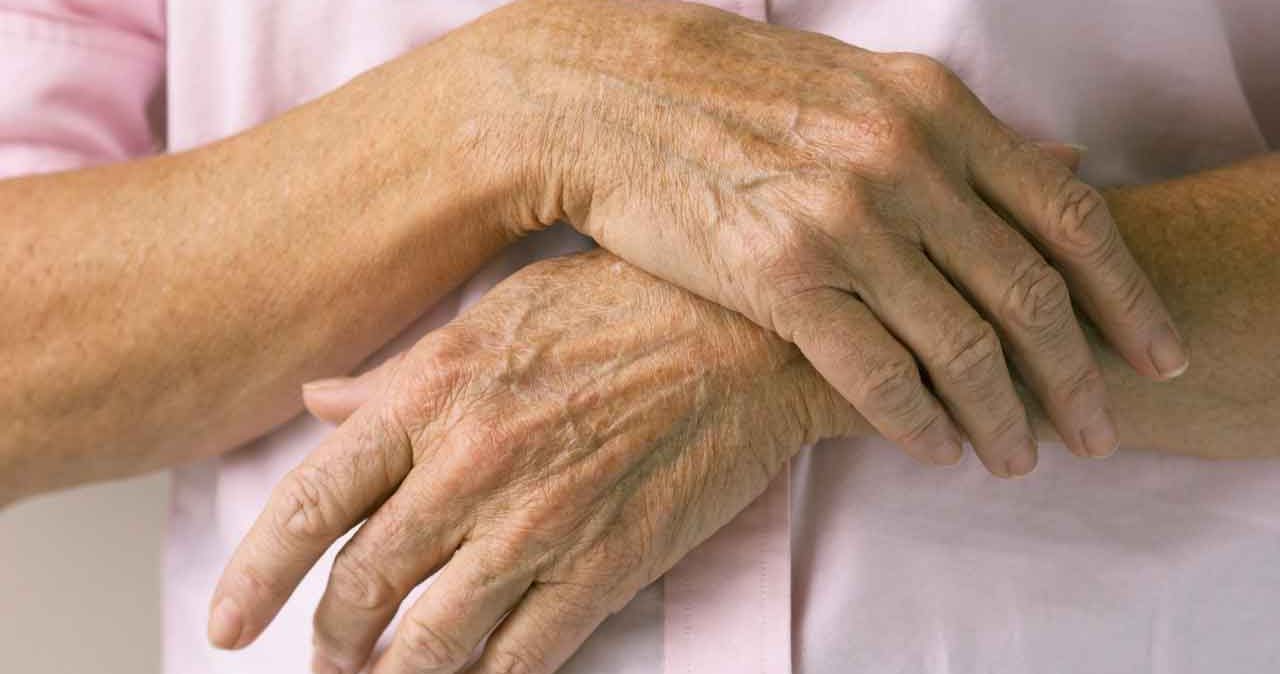Foods that Help Arthritis Pain

Although the science is young, evidence shows that eating healthy anti-inflammatory foods can help your arthritis. Learn more about foods that help arthritis.
Osteoarthritis — also known simply as arthritis — may begin as early as your 30s. Over time, the cartilage between joints, most often in your hip or knee, wears out and may become inflamed. Sports doctor Jason Theodosakis, MD, author of the “The Arthritis Cure,” offers this test: Hold your leg in front of you and raise your foot. If you feel a crunching in your knee, arthritis has begun. Another early sign is morning stiffness, or dull aches in a joint.
Although the science is young, evidence suggests that you can help prevent arthritis or minimize the problem if you eat certain health-promoting foods.
YOU MIGHT ALSO LIKE: Hand Problems and Exercises to Help Them
Foods that help arthritis and inflammation pain
Broccoli, Brussels sprouts, cabbage, kale, and cauliflower
These vegetables contain sulforaphane, which was shown to slow cartilage damage. If you’re among the 91 percent of Americans who don’t eat enough vegetables, maybe the thought of less pain will inspire you to make better food choices. Try roasting Brussel sprouts seasoned with garlic and balsamic vinegar in the oven at 400 degrees for 10 to 20 minutes.
Fatty fish
Omega-3 fatty acids may be in some of the best foods for arthritis, as they are known to fight inflammation. You can get these acids from fatty fish like salmon, tuna, trout, and mackerel two or three times a week.
If you dislike fish, consider a high-quality supplement. In one study, people with arthritic knees were able to walk better after taking 1,000 mg of fish oil (equal to 400 mg. EPA and 200 mg. DHA) daily for 8 weeks. Just know that fish oil labels are wildly inaccurate, according to the testing company Labdoor.com, which can steer you to reliable products.
Garlic, onions and leeks
The allium family of vegetables contain diallyl disulfide, which may help arthritis. In one study, people who regularly ate vegetables, including alliums, had fewer signs of hip arthritis on x-rays.
Tart cherries
If you like the taste, try tart cherry juice. One study found that volunteers with knee arthritis who drank two 8-ounce bottles of tart cherry juice daily for six weeks reported improvement and had reduced levels of high sensitivity C-reactive protein (hsCRP), an indicator of inflammation.
YOU MIGHT ALSO LIKE: Strength Training Exercises for Seniors
Turmeric
Curcumin, a compound in turmeric, is a potent anti-inflammatory, but it is hard to absorb in a powder, unless it is combined with a constituent of black pepper. Vijay Vad, MD, the author of “Stop Pain: Inflammation Relief for an Active Life,” recommends taking 2,000 mg daily of curcumin. Eating a traditional Indian curry dish also helps you absorb curcumin. Note that curcumin can interact with anti-coagulant drugs and might be best to avoid if you have gallstones.
Boswellia serata
The evidence is good for people who take at least 100 mg of Boswellia serrata, which may slightly improve joint function and reduce pain. The traditional remedy of Indian Ayurvedic medicine comes from the gum of a large tree that grows in India, North Africa, and the Middle East.
Some people say that eating nightshade vegetables (tomatoes and peppers, among others), citrus fruits, or dairy products aggravates inflammation and arthritis pain, but there’s no science to back them up, says the Arthritis Foundation.
Obesity and arthritis
Beyond diet, you can prevent or minimize arthritis if you treat all injuries and watch your form while playing sports.
Obesity is a big factor, too. For every pound of body weight, your knees must handle three pounds of added stress. For your hips, each pound translates into six times the pressure. Years of carrying extra pounds weakens the cartilage that cushions your joints.
If you’re overweight, the first remedy for joint pain in your lower body is to lower your calories and increase your exercise, such as biking or water aerobics.
Updated:
October 31, 2023
Reviewed By:
Janet O’Dell, RN